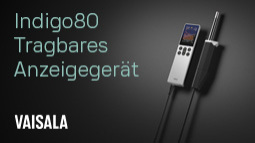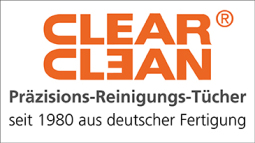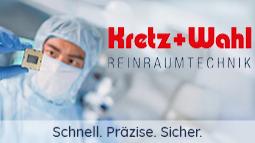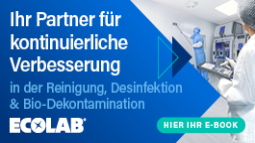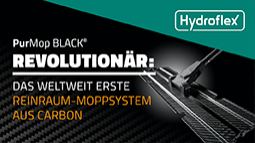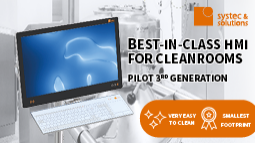interpack 2017: Bosch presents Xelum platform
Excelling in Continuous Manufacturing
- Highly precise dosing of smallest amounts of API
- From laboratory to production without scale-up
- Integrated process and quality control
At interpack 2017, Bosch Packaging Technology introduces the newly developed Xelum platform for the continuous production of oral solid dosage (OSD) forms. The platform combines dosing, mixing, granulating, and tableting in a continuous process. “Future-proof manufacturing systems must work efficiently, be user-friendly and fulfill the requirements of all pharmaceutical companies. This includes shorter development times with less API consumption, a faster transfer from development to production, more flexible batch sizes, as well as the integration of quality assurance into the process,” Fritz-Martin Scholz, product manager at Bosch Packaging Technology, explains. “These requirements, combined with Bosch’s process expertise and experience, led to the development of the Xelum platform.”
New principle, proven technology
In continuous manufacturing, the typically separated process steps of batch production take place automatically and without interruption in a compact unit. While designing the Xelum platform, Bosch relied on a combination of proven processes and most recent technology: “On the basis of our innovative granulation technology, we developed a new system for continuous production, which also enables manufacturers to precisely dose even the smallest amounts of API,” says Scholz.
The Xelum platform offers pharmaceutical manufacturers the accustomed advantages of the granulation technology developed by the Bosch subsidiary Hüttlin. This comprises a unimodal particle size distribution, as well as especially good flow and tableting properties of the granules, and high product yields. Moreover, the integrated Xelum tablet press ensures easy tableting. “As a result, the system significantly simplifies the development and approval process for the user,” says Scholz.
Fast transfer from development to production
Transfering processes developed in the laboratory to production machinery is often a big challenge for pharmaceutical manufacturers. The continuous process of the Xelum platform provides either a direct transfer without scale-up from R&D to production or supports the development process with an integrated, automated DoE (design of experiments) function.
Thanks to intelligent sensors, all ongoing processes can be recorded inline, and the quality characteristics can be controlled at any stage of production. The design of the system ensures that no complex measurement or control technology is required. Further, up to the final dosage form, all ingredients can be easily traced back thanks to the controlled product flow through the system. “With Xelum, we are taking the decisive step forward from batch production to continuous OSD manufacturing,” Scholz summarizes.
Syntegon Technology
71332 Waiblingen
Germany
